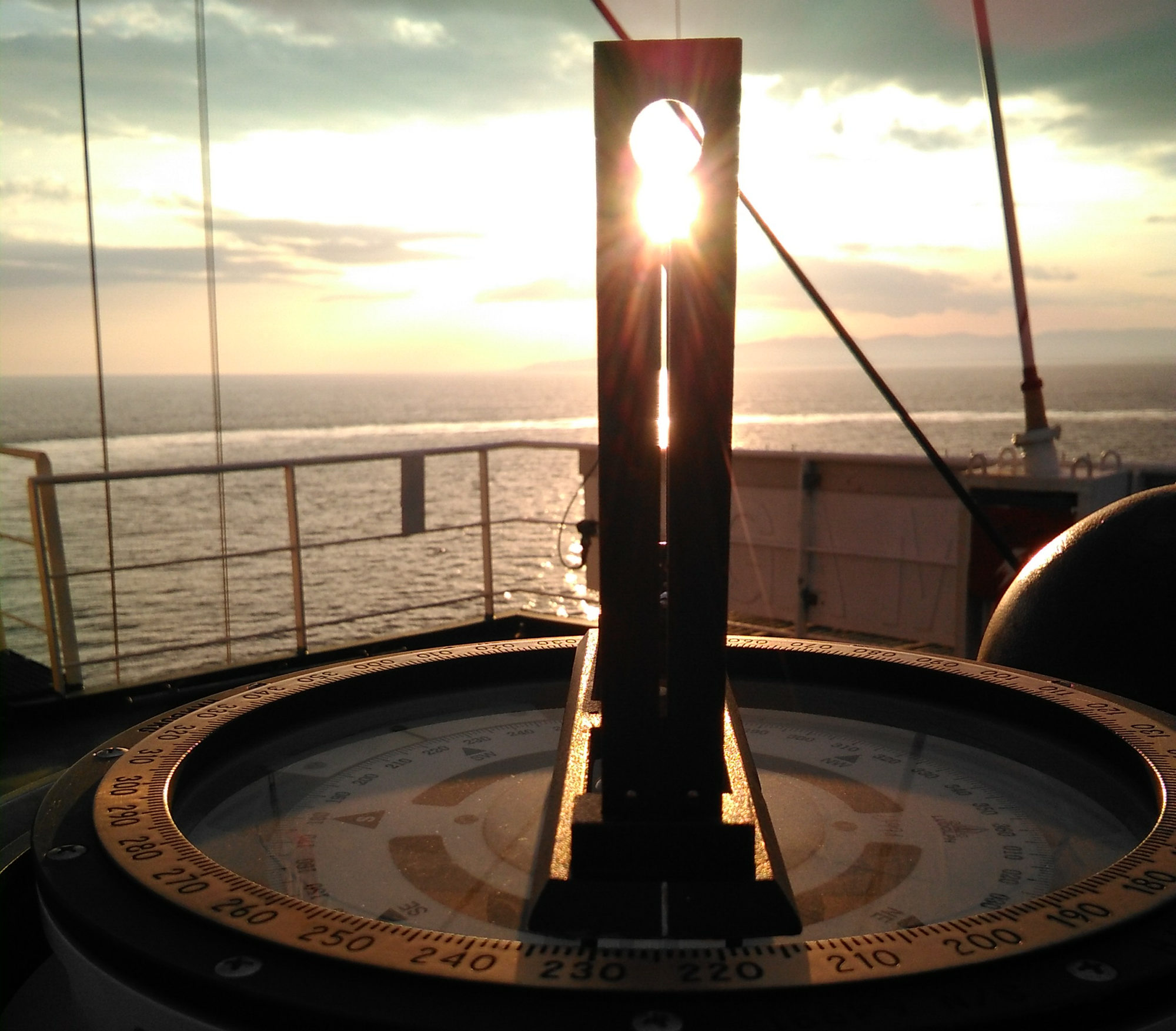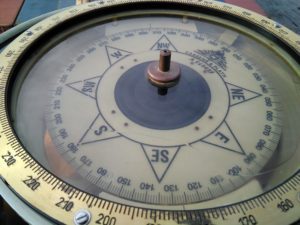Gard Alert: Maintenance and adjustment of magnetic compasses
Failure to maintain a magnetic compass in good working order or to monitor deviations may result in a vessel being delayed or detained.
The presence onboard of a magnetic compass is a requirement under SOLAS Reg.V/19. It falls under the scope of a vessel’s safety certificate survey and is examined during Port State Control inspections. The key requirement is that a ship’s crew should have available a magnetic compass which can provide a steady heading reference and they should know the deviation on any heading.
In a recent Marine Notice, the Australian Maritime Safety Authority (AMSA) draws attention to the importance of the magnetic compass as a tool for the safety of navigation and reminds shipowners and Masters about their responsibility to ensure that these compasses are maintained in good working order at all times. According to AMSA, failure to maintain a magnetic compass in a good working order or to monitor deviations may result in a vessel being delayed or detained, and the vessel owner and/or Master can potentially be prosecuted. For additional details and recommendations, see AMSA’s Marine Notice 19/2016 of November 2016.
Recommendations
While today’s seafarers tend to treat the magnetic compass as a piece of excessive navigational equipment, it is important to emphasise that the presence of this compass is a requirement under SOLAS Reg.V/19 and it is also the only navigational directional device onboard that is not dependent on external power or inputs. Members and clients are therefore advised to take note of the warning published by AMSA and ensure that Masters and crew are aware of their responsibility under international regulations to monitor the performance of magnetic compasses at regular intervals, adjust as necessary and record deviations in a compass deviation book.
Although the SOLAS Regulations do not make any reference to intervals between successive adjustments of magnetic compasses, a compass’ deviation should as a principle be determined at least once every watch while the vessel is at sea and, when possible, shortly after any major alteration of course. This is in line with the principles and guidance on watchkeeping set out in section A-VIII/2 of the STCW Code (Regulation 34.2). In addition, compasses should be inspected occasionally by a competent officer or compass adjuster.

